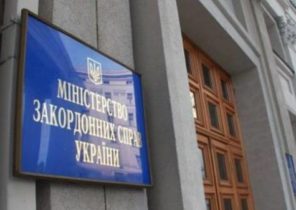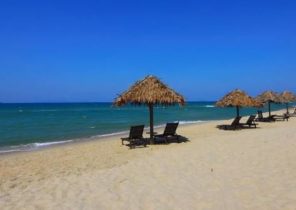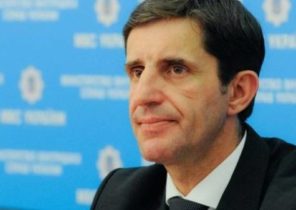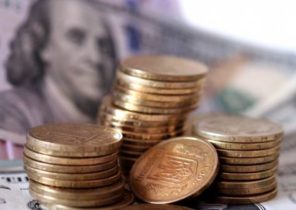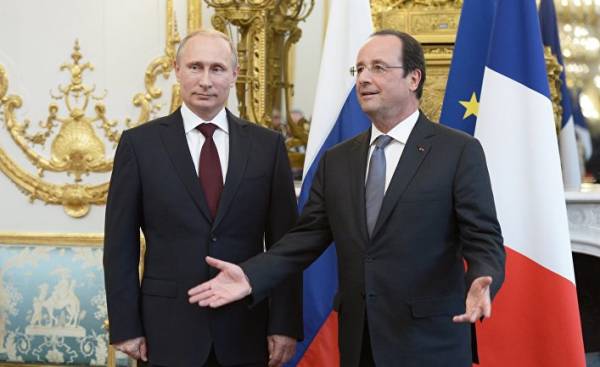
The result of the presidential election depends little on foreign policy, although that is the lot of the head of state and occupies a large part of his time. Over Europe heard all kinds of statements, however, represented in the programs of the main candidates diplomatic options are pretty General list of threats and, one way or another, remind us of the legacy of Gaullism the principles of independence and balance. The war in Syria and relations with Russia — the most controversial topic on both the left and right. In addition, they best reflect the worldview of the candidates.
“Russia — a crucial element of the balance of power, which can bring peace in globalization,” said marine Le Pen on February 23 big speech about “France’s foreign policy in a multipolar world”. According to her, Moscow is faced with a bad attitude on the part of “the European Union and the servitude of France.” At the event, which was intended to give significance, her candidacy was attended by representatives of four dozen countries, including five ambassadors (Cambodia, Cuba, Vietnam, Saudi Arabia and, according to NF, Albania). “We need to reconnect with the real world, the denial of the fact, you pay dearly”, — said Le Pen, who makes no secret of sympathy for the Syrian regime and stressed that “French support so-called moderate Islamists was and remains a mistake.”
The need for dialogue
Emmanuel macron, in turn, takes a very tough stance towards Moscow. “Vladimir Putin’s Russia is a dangerous policy and is not afraid of derogations from international law”, — stated in his program, where there is a “world of threats and opportunities.” Attributed to Russian hackers of cyber attacks on the website of the movement “Forward!” made the statements even more adamant. Although the Makron recalls the need for dialogue with Russia, Turkey, middle East countries and Persian Gulf States, he stressed that he should be “demanding”, in particular in the field of human rights and fundamental freedoms.
We see flexible synthesis in continuation of the recent years of diplomacy. At the same time in the program is just polfryz the Syrian issue and noted that France will participate in external operations only “if the political conditions out of the crisis”.
The candidate from “Republican” Francois Fillon contested by marine Le Pen, the laurels main Russophile. In an interview with Les Echos on March 3, he expressed concern about the fact that Russia has made “a turn in the wrong direction.” And laid the responsibility on the European Union: “we had a bad policy towards Russia. We pushed her away and introduced sanctions against it”. As during the primaries, he recalled that the priority is the fight against “Islamic totalitarianism” and that realism involves a joint struggle against Bashar al-Assad against the jihadists.
“Aggressive imperialism of Russia”
The program of the socialist Benoit Hamon touches on international issues (excluding European) only in passing. He promised to recognize a Palestinian state, and recalls in various interviews that this will contribute to peaceful integration of Israel in its regional environment.
His other priorities include the introduction of humanitarian visas for refugees, the expansion of the defense budget to 3% of GDP and the adoption of measures for the protection of the French language. At the same time, he openly condemns the “aggressive imperialism of Russia, which, of course, it is necessary to behave rigidly and without favour”.
Jean-Luc Mélenchon, in turn, offers to restore “normal relations with Russia.” “For France, the Russian partners, not enemies. Regardless of their political regime. Ruled by geopolitics. And she tells us about the need to negotiate with the Russians. Although it is, of course, does not mean you have to agree in everything,” — said the candidate of the “Rebellious France” in an interview with Famille chrétienne. In addition, the programme provides for the recognition of a Palestinian state, withdrawal from NATO and the formation of the Erasmus programme in the field of Francophonie”.
